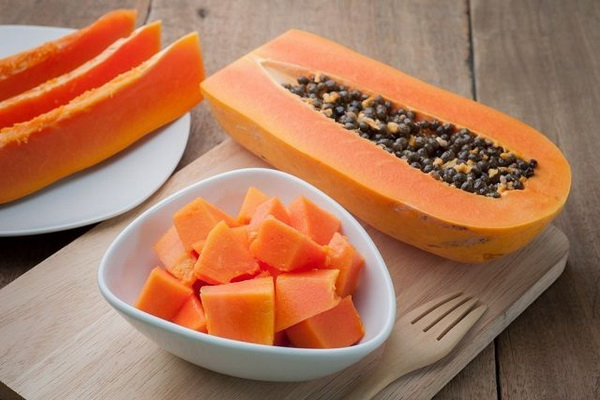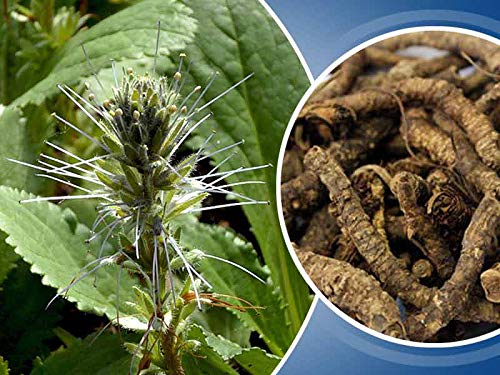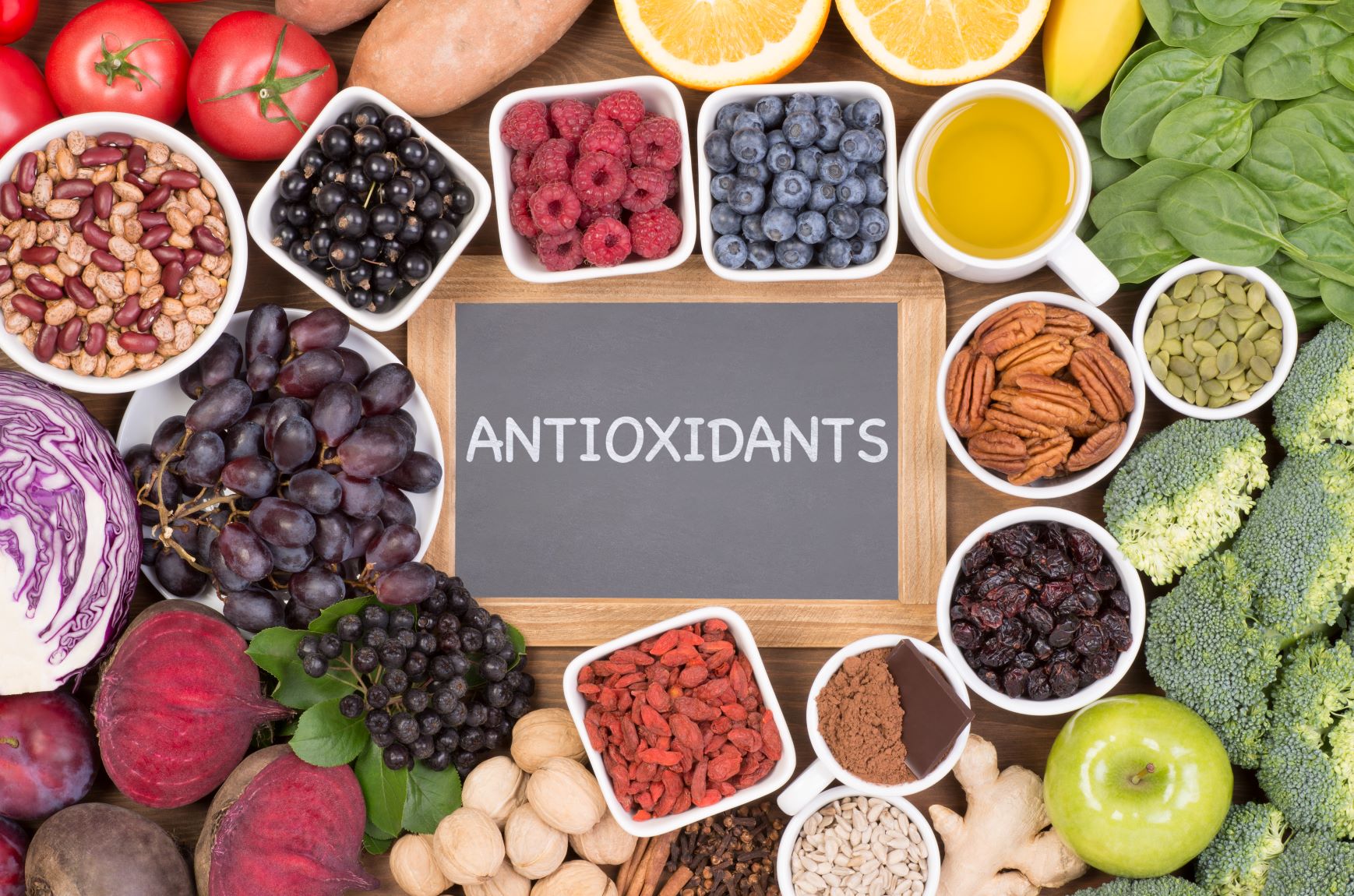Home remedies for liver cirrhosis

Although home remedies for liver cirrhosis can be somewhat
effective, it is better to consult with your doctor for proper diagnosis and
treatment of this condition. Liver cirrhosis is a chronic disease that develops
over several years as a result of liver damage. It is a progressive disease in
which healthy liver tissue is replaced by scar tissue, leading to impaired
liver function. The main causes of liver cirrhosis are long-term alcohol abuse,
fatty liver disease associated with obesity and diabetes, and viral hepatitis B
and C.
According to the National Institute of Diabetes and
Digestive and Kidney Diseases, men who consume 3 to 4 alcoholic beverages per
day and women who consume 2 to 3 alcoholic beverages per day are at increased
risk of developing this problem. This condition can also result from conditions
such as primary biliary cirrhosis, autoimmune hepatitis, toxic hepatitis,
hemochromatosis (iron buildup in the body), repeated congestive heart failure
with liver congestion, cystic fibrosis, and so on.
If cirrhosis is mild, the liver can repair itself and
continue its proper function, but as the disease progresses and more scar
tissue forms, the damage becomes irreversible. Symptoms of cirrhosis include
loss of appetite, fatigue, nausea and vomiting, weight loss, itchy skin,
jaundice, edema, muscle cramps, tendency to bleed more easily, and the
appearance of small blood vessels and spider-like veins under the skin. In the
early stages of this disease, there may only be mild symptoms, and as the disease
progresses, symptoms may worsen.
There is no cure for this disease. When treating cirrhosis,
identifying the underlying cause is essential. The goal of treatment is usually
to prevent further liver damage and reduce complications.
How to Treat Cirrhosis at Home:
Alongside the treatment prescribed by your doctor, you
should make some changes in your diet and lifestyle. Additionally, you can use
some home remedies to help improve your condition. However, before using herbal
remedies and supplements, consult with your doctor. Here are 10 home treatments
for cirrhosis:
Quit Alcohol:

Completely stop consuming alcohol, even if your cirrhosis is
not alcohol-related. Alcohol damages liver cells and worsens your condition.
Abstaining from alcohol can help prevent disease progression. Quitting alcohol
is also recommended for alcohol-related fatty liver disease and alcoholic
hepatitis.
A study conducted in 2009 by researchers at the University
of Southampton also demonstrated the importance of abstaining from alcohol as a
significant determinant of survival, even in cases of relatively severe
alcohol-related cirrhosis. To prevent withdrawal-related complications, it's
best to quit alcohol with professional help and under medical supervision.
Consume Milk Thistle:
.jpg)
Milk thistle is another useful remedy for cirrhosis. While
it may not reverse existing liver damage, it can help protect against further
damage. It contains an active compound called silymarin with strong antioxidant
properties and detoxifying effects, protecting the liver. Initial research
suggests that this herb may be beneficial for individuals with alcohol-related
liver disease, but further research is needed. Milk thistle is available in
liquid extract, capsule, and tincture forms as a supplement. Consult your
doctor for the appropriate dosage and suitability for your condition.
Note: Milk thistle may not be suitable for individuals
experiencing complications such as variceal bleeding or ascites due to
cirrhosis. It is also not recommended for individuals with a history of
hormone-related diseases.
Try Papaya Seeds:

Papaya seeds can aid in liver detoxification and help treat
liver cirrhosis. Grind some fresh papaya seeds to extract 1 tablespoon of their
juice. Add 10 drops of lemon juice. Drink it once or twice a day for one month.
Eclipta Alba:

Water extracted from the entire Eclipta Alba plant is
beneficial for treating liver issues. The leaf water, in particular, is used
for conditions like liver cirrhosis and hepatitis.
1. Extract water from the leaves of the Eclipta Alba plant.
2. Mix 1 teaspoon of this leaf water with raw honey.
3. Consume this mixture three times a day for about one
month.
Picrorhiza kurroa

Picrorhiza kurroa can be beneficial in treating liver
cirrhosis, especially when it is caused by viral hepatitis. It reduces
oxidative stress, enhances bile secretion, and improves liver function.
Additionally, it stimulates appetite and acts as a potent laxative.
1. Mix 1 tablespoon of powdered Picrorhiza kurroa root with
raw honey.
2. Consume this mixture three times a day for about one
month.
If suffering from constipation, double the amount of this
herb and honey mixture and consume it three or four times a day with a cup of
warm water.
Schisandra

Schisandra is used in traditional Chinese medicine for liver
cleansing, protecting liver cells from further damage, and aiding in liver
tissue regeneration. Studies have shown that it may help protect against
drug-induced liver damage.
In 2001, Chinese researchers studied the effects of a
combination of this herb with ginseng root and found that it effectively helped
improve portal hypertension in patients with liver cirrhosis.
You can consume Schisandra and ginseng root as a supplement.
Consult with your doctor for the correct and appropriate dosage.
Green tea
.jpg)
Green tea is rich in antioxidants that reduce oxidative
stress, which can initiate tissue cirrhosis. Additionally, it has a protective
effect against liver diseases and possesses antiviral properties that aid in
combating viral hepatitis. Green tea is also beneficial for your overall
health.
Add 1 teaspoon of green tea powder (or 1 green tea bag) to 1
cup of hot water. Let it steep for 5 minutes.
Strain it. (If using a tea bag, simply remove the bag.)
Sweeten the mixture with a little raw honey. Drink this tea regularly 3 times a
day.
Vitamin C

Vitamin C has protective effects against oxidative liver
damage. It also helps prevent fat accumulation and cirrhosis. Drink 2
tablespoons of fresh Indian gooseberry or amla juice 3 times a day for 15 to 20
days. Include other vitamin C-rich foods such as blackberries, lemons, and
oranges in your diet
antioxidants

"In addition to vitamin C, other antioxidants also
assist in the treatment of liver cirrhosis. For example, vitamin E helps reduce
scar tissue production and aids in the regeneration of liver cells. Research
indicates that antioxidants such as vitamin E and selenium can also help in the
treatment of primary biliary cirrhosis.
Incorporate fresh fruits, vegetables, and whole grains into
your daily diet, including various berries, spinach, carrots, strawberries,
garlic, brazil nuts, etc. Cruciferous vegetables like broccoli, kale, Brussels
sprouts, and cabbage also contribute to liver detoxification. Additionally,
drink 1 to 2 cups of raw vegetable juice daily."
Acupuncture

Acupuncture is beneficial for relieving discomforts such as
fatigue caused by liver cirrhosis. Additionally, it can assist you in quitting
alcohol consumption. In a study conducted in 2009, Chinese researchers found
that acupuncture combined with a Chinese herbal decoction and Western
medications helped improve clinical symptoms of compensated liver cirrhosis
better than simple Western medicine alone.
Seek acupuncture treatment from a specialist. Several
acupuncture points are used for treating cirrhosis, but they are chosen based
on your specific clinical symptoms and manifestations.

